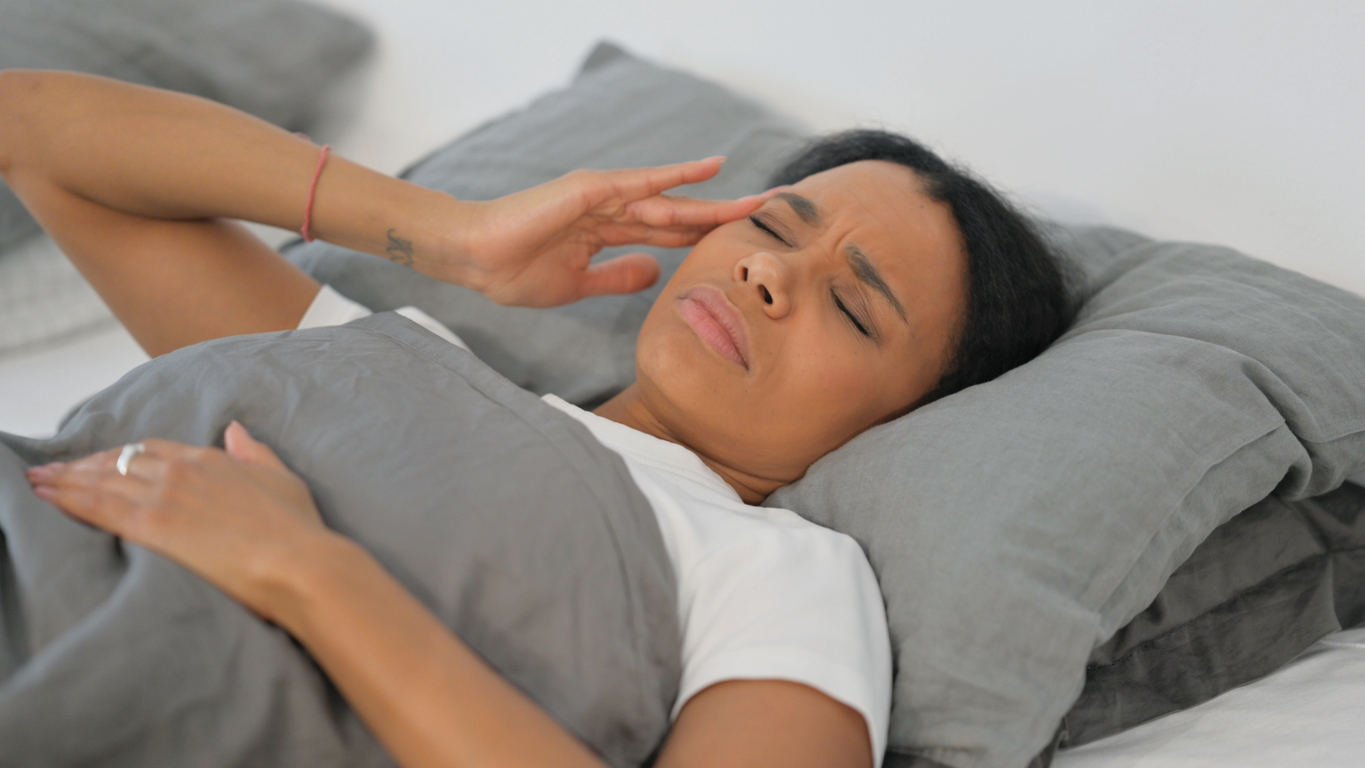A good night’s sleep should leave you feeling refreshed and ready for the day. However, if you are experiencing congestion, snoring, or breathing problems at night, your sinuses may be to blame. Sinus sleep issues are more than an inconvenience; they can disrupt your health, mood, and energy levels. In Austin and Central Texas, where allergies are a year-round concern, understanding how sinus problems affect sleep may be the first step toward relief.
When Sinuses Steal Your Sleep: What’s Really Going On
Sinuses are hollow air spaces that help filter the air you breathe. When they’re inflamed, swollen, or blocked, airflow becomes restricted. The result? Congestion that follows you to bed and makes it harder to get quality rest.
Common signs your sinuses are sabotaging your sleep include:
- Ongoing nasal congestion or stuffiness
- Postnasal drip that worsens when lying down
- Morning headaches from poor oxygen flow overnight
- Snoring or frequent awakenings
- Facial pressure that feels worse at night
The Vicious Cycle: Poor Sleep and Sinus Problems
Sinus problems don’t just cause restless nights. Poor sleep can exacerbate sinus issues. When your body is sleep-deprived, your immune system becomes weakened, making you more susceptible to infections and inflammation. Over time, this creates a cycle where congestion and lack of rest feed off each other. Sounds miserable, right?
How Sinuses and Sleep Are Connected
Why Congestion Triggers Breathing Problems During Sleep
Blocked nasal passages force you to breathe through your mouth, which dries out your throat and worsens snoring. Interrupted breathing means your body spends less time in deep, restorative sleep.
Can Sinus Issues Cause Sleep Apnea?
Yes. Chronic sinus congestion narrows your airways, increasing the risk of obstructive sleep apnea. While not everyone with sinus sleep issues develops sleep apnea, it’s essential to watch for warning signs such as loud snoring, gasping during sleep, or daytime fatigue.
When Sleep Apnea Makes Sinuses Worse
Sleep apnea can actually create negative air pressure in the nasal passages, worsening inflammation and swelling. That’s why patients often feel stuck in a frustrating loop of sinus congestion and restless sleep.
Can Lack of Sleep Lead to Sinus Issues?
Indirectly, yes. Without enough sleep, your immune defenses drop, leaving you more likely to catch colds, develop sinus infections, or experience longer-lasting flare-ups of sinus inflammation.
Nighttime Sinus Relief: How to Breathe Easier While You Sleep
Simple Home Habits That Make a Difference
- Elevate your head with an extra pillow to encourage drainage.
- Use a saline rinse or spray before bed to clear out allergens and mucus.
- Run a humidifier in dry bedrooms to keep nasal passages moist.
- Wash bedding weekly and minimize pet dander to reduce nighttime triggers.
Over-the-Counter Help for Sinus Sleep Issues
- Nasal corticosteroid sprays to ease swelling and congestion
- Antihistamines for allergy-related sinus blockages
- Short-term decongestants for stubborn nighttime congestion
When It’s Time to Call Us
If your sinus sleep issues keep you up for weeks, cause extreme snoring, or leave you exhausted during the day, it’s time to give us a call. One of our knowledgeable providers can help identify whether chronic allergies, sinus infections, or structural issues, such as a deviated septum, are contributing to your symptoms. In some cases, advanced solutions like allergy immunotherapy or minimally invasive sinus procedures may provide long-term relief.
Take Back Your Nights
Sinus sleep issues don’t just keep you up at night; they erode your energy, focus, and overall well-being. The good news? With proper care, you can break the cycle and finally breathe more easily.
Allergy & ENT Associates has offices in Austin, Leander, and Kyle. Our team specializes in diagnosing and treating sinus conditions that affect sleep. If you’re tired of waking up congested, exhausted, or frustrated, schedule a consultation and discover how better sinus health can lead to better rest.



